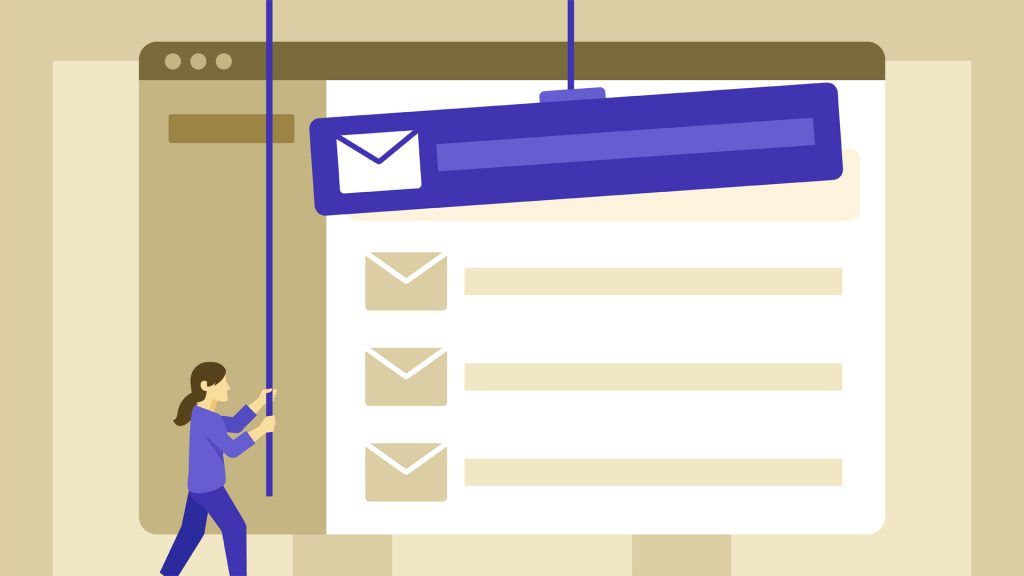Do you use Gmail? It is one of the most popular email clients that lets it user access their emails on their devices irrespective of their position around the world. But what if I say that Gmail engineers and third-party app developers can read your emails. According to the latest report, developers have reportedly read millions of emails sent and received by Gmail users. While signing up for Gmail, the app prompts the users to allow it to read emails, go through profiles, and access to other details to which, the user accepts the permission requests. This allows developers and engineers at Gmail and its partnered third-party app developers to gain access to user’s emails, recipient addresses, timestamps, private details, and messages.
The report suggests that these apps provide no input that humans too can go through the emails and not just computers. When further investigated, Google stated that it provides access to the user’s data only after gaining consent from the users to only those developers that have undergone its vetting process. The process includes identifying whether the company’s identity is represented by its app or not where one of the major privacy policy states that it will monitor emails from the users.
Google further stated that its employees aren’t supposed to read emails, however, they may read emails but only under specific conditions where either the user has given consent to read the emails or if there is any bug or abuse investigation that requires access to user’s email. But here’s a fun fact, Gmail isn’t the only known email app to grant such access as there are a plethora of apps such as Microsoft Office, Salesforce and others that request the users to give permission to the app to read the emails.
According to Google, it employs human engineers that go through thousands of emails in order to train machine algorithms that will handle the data. To conclude, although there has been no records or evidence that third-party developers or Google employees have ever misused the data, however, it is still like crossing the privacy as they are still able to read millions of emails either directly or with certain permissions from the user or in other forms.


